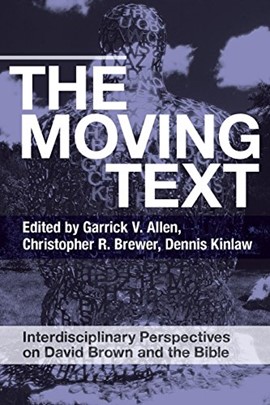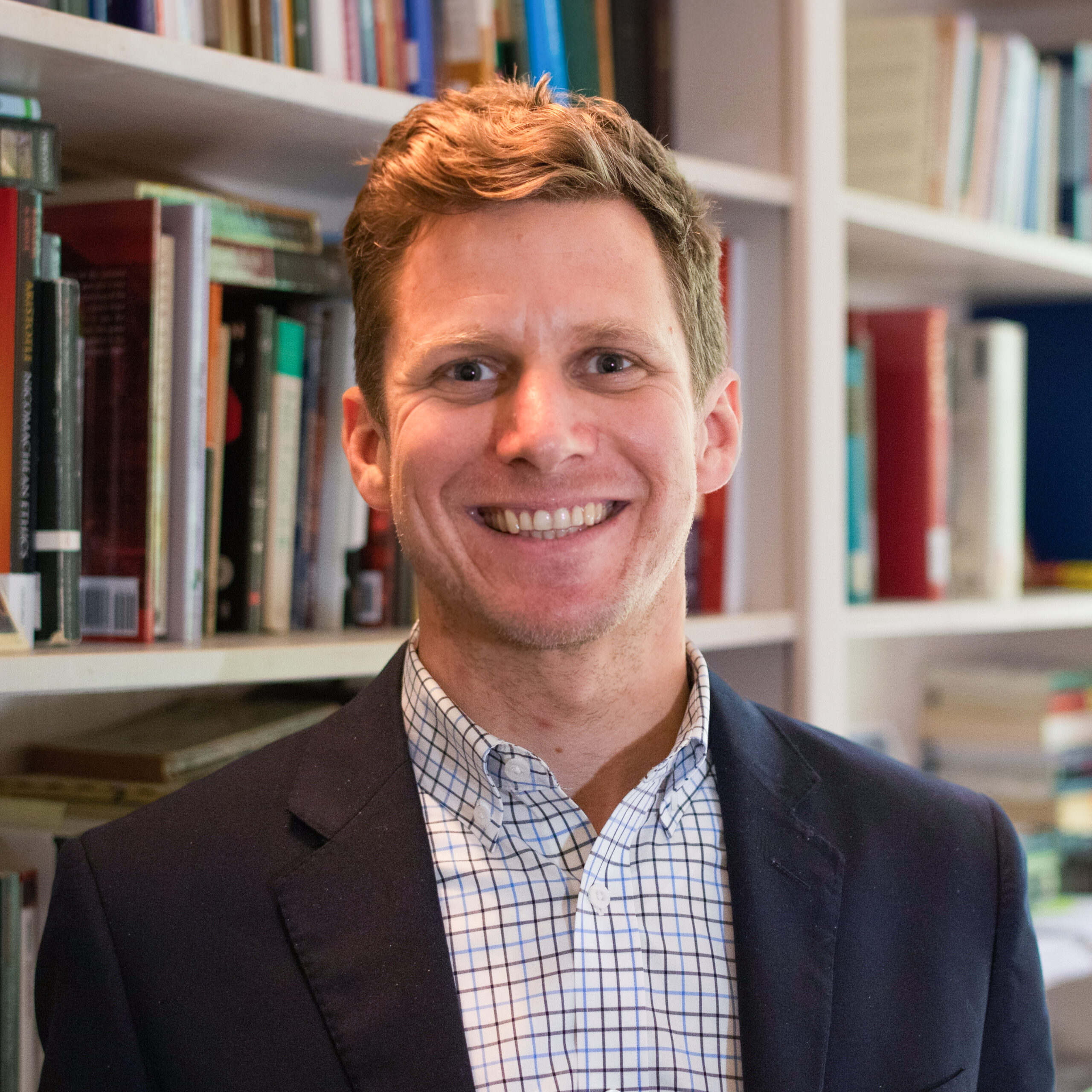Associate Professor of English
B.A., Harvard University; M.Litt, University of St. Andrews; Ph.D. University of St. Andrews
Profile
Dennis Kinlaw is Associate Professor of English at Erskine College. He teaches courses on Modern and Postmodern literature and is the director of the Honors Institute at Erskine. Kinlaw received his Ph.D. from the University of St. Andrews.
Research and Projects
Kinlaw’s research focuses on literature and religion, with a particular interest in narrative engagements with religious experience and secularism in 20th and 21st century literature. Recent scholarly publications focus on religion in contemporary American literature and the work of David Foster Wallace. Kinlaw has written for popular publications, including Transpositions and Church Life Journal, and previously served as book reviews editor for the Journal of Inkling Studies. His research has been supported by fellowships from the National Endowment of the Humanities, the Saltire Foundation, and the Institute for Theology, Imagination, and the Arts in Scotland.
Funded by a grant from the Templeton Religion Trust, Kinlaw is currently working on a project investigating the spiritual dimensions of literary reception. Entitled “Truth in Fiction: A Cognitivist Approach to Literature as a Source of Spiritual Understanding,” this project offers an empirically aimed exploration of the narrative and experiential variables by which literary texts—poems, short stories, and novels—elicit spiritual responses within the lives of readers.
Personal Interests
When he’s not working through large books with Erskine students, Kinlaw enjoys working through children’s books with his daughters Arden and Eleanor.


